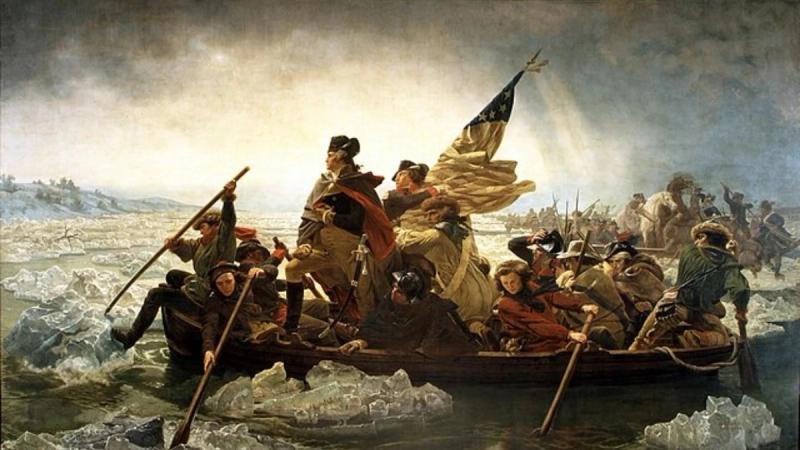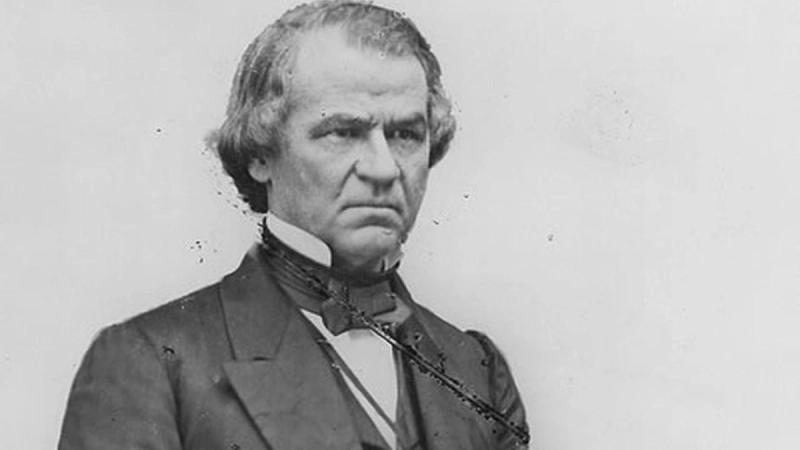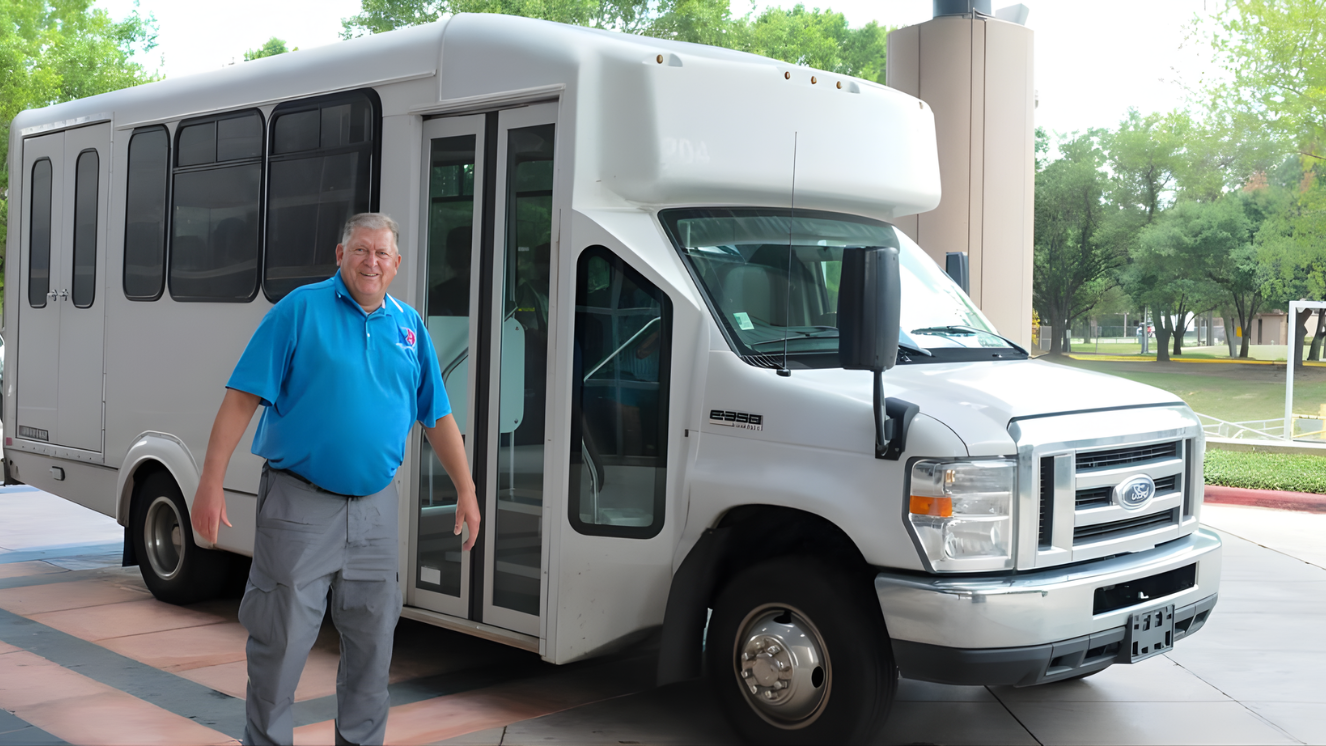CHRISTMAS DAY MILITARY EVENTS: 4 HISTORICAL BATTLES
COMMENT
SHARE

While many of our troops see Christmas as a day of duty, sacrifice, and hardship away from home, it is also a time for family, joy, and introspection. December 25th has not always been a day of peace and joy, especially in the past. Rather, it has seen major military operations and instances of extraordinary resiliency.
Surprisingly, Christmas Day has influenced significant occasions throughout American history. Navigating a military Christmas includes knowing the country’s history during this season, so here are four significant military events that took place on this memorable day.
Historical Christmas Day Battles: Key Military Engagements
Even though Christmas is one of the most widely observed holidays worldwide, significant events still occur around this time. Christmas played a significant role in the Revolutionary War and the Civil War, two of America's most influential conflicts. In a rare truce during World War I, British and German troops even shared a Christmas Day celebration.
So, here are a few of the significant military events that have occurred on Christmas, a day rich with stories of bravery and sacrifices.

1. 1776: Washington's Famous Crossing of the Delaware
Gen. George Washington's Continental Army had a rough start to the winter of 1776. They had been driven from New York and New Jersey into Pennsylvania and had suffered numerous setbacks in the early months of the American Revolution. Morale was low among the troops.
Washington chose to surprise the British-hired German Soldiers known as the Hessians, who were based in Trenton, New Jersey, in order to restore confidence in the fight for independence. Since a horrible winter storm was approaching, he reasoned that if he did this after the enemy had celebrated Christmas, they would be sleepy and would be caught off-guard for battle.
Washington and his Soldiers boarded boats late on Christmas night and waded over the frigid Delaware River to test his theory. He was correct. About 2,400 cold Continentals stormed into Trenton at dawn on December 26. The enemy was caught off guard and surrendered within an hour and a half.
2. 1864: The First Battle of Fort Fisher
Fort Fisher in North Carolina didn’t really see much fighting during the Civil War. However, on December 25, 1864, that changed when the Union made the decision to seize the only port the Confederates controlled on the Atlantic Ocean. The Union was a complete failure.
The Union's initial attempt to blow up the fort's defenses by loading a vessel with explosives failed. It just destroyed their vessel and warned the Confederates of an impending attack. So on Christmas Eve, the Union tried again, attacking the fort with all the firepower they had, most of which fell short or missed its aim.
The Union suffered a severe defeat in the first Battle of Fort Fisher but not in the second. When Union forces eventually took the fort in the middle of January 1865, the Confederates were essentially shut off from supplies and international trade. Three months later, the Civil War came to a conclusion.

3. 1868: US President Andrew Johnson Pardons Former Confederate Soldiers
A complete pardon and amnesty were granted by US President Andrew Johnson on Christmas Day in the year 1868. Amnesty was also given to all the people who, directly or indirectly, participated in the late insurrection or rebellion.
Upon taking the oath of office as the country's president, Johnson declared that treason must be made infamous and traitors must be impoverished. However, Attorney General James Speed moderated Johnson's plans, saying, "mercy must be largely extended." Speed suggested that some outstanding leaders and criminals should be made to feel the full force of the law.
Southerners who had fought for the Confederacy may receive a pardon prior to this general Christmas Day amnesty as long as they pledged loyalty to the Union (top officials were excluded).
4. 1972: The Linebacker II Operation in North Vietnam
During the Christmas season of 1972, American troops were engaged in the largest bombing operation, which became one of the major military events in history. Operation Linebacker II, the air campaign, has been widely regarded as the event that brought the United States out of the Vietnam War.
Following the departure of North Vietnamese representatives from peace negotiations, President Richard Nixon issued an order for the attacks to start on December 18. The mission, which was dubbed the "11 Days of Christmas," involved raids by B-52 Stratofortress bombers that were flown in from Guam's Andersen Air Force Base.
Only on Christmas Day, when troops were granted a 36-hour vacation to celebrate, did both sides receive a reprieve. Nixon gave the North Vietnamese the command to go back to the negotiating table during that period. When the North Vietnamese refused, the airstrikes continued until they agreed to hold new peace negotiations on December 29th.
Read next:
Join the Conversation
BY ALLISON KIRSCHBAUM
Veteran, Military History & Culture Writer at VeteranLife
Navy Veteran
Allison Kirschbaum is a Navy Veteran and an experienced historian. She has seven years of experience creating compelling digital content across diverse industries, including Military, Defense, History, SaaS, MarTech, FinTech, financial services, insurance, and manufacturing. She brings this expertis...
Credentials
Expertise
Allison Kirschbaum is a Navy Veteran and an experienced historian. She has seven years of experience creating compelling digital content across diverse industries, including Military, Defense, History, SaaS, MarTech, FinTech, financial services, insurance, and manufacturing. She brings this expertis...



